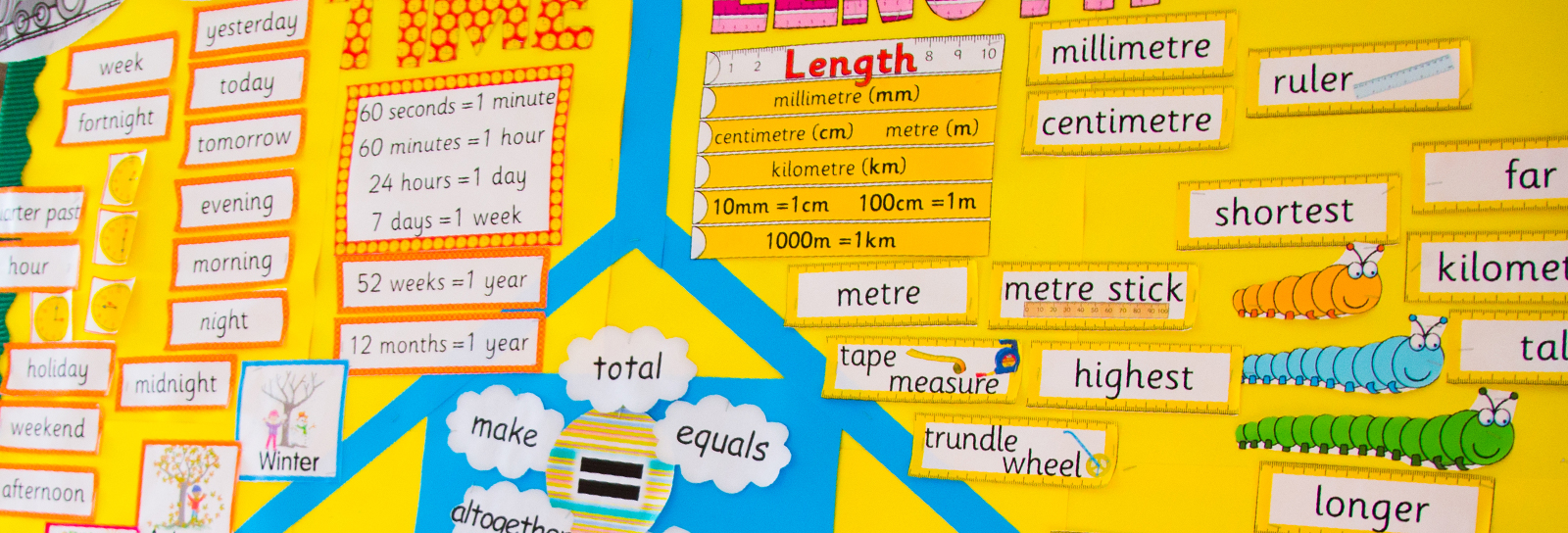Homework
Homework is any work or activities which pupils are asked to do outside lesson time, either on their own or with parents or carers.
Guidelines for the amount of homework are followed. However, the precise amount of time spent on homework is less important than the quality of the tasks set and the way they are planned to support learning.
All the children should be heard to read every evening. Parents are asked to help develop a love of books in their children.
All children have a special Reading Record Book, which is an important means of communication between the teacher and parents.
Any additional work at home that supports a child’s work is helpful.
As children prepare for secondary education there is a place for more work at home.
We encourage set times for reading at home, research into topics using libraries and the internet, and the learning of tables and spellings in addition to more formal set homework.
Children may be asked to finish certain tasks at home.
If you require any suggestions or guidelines for your child please contact the class teacher.
For more detailed guidelines please read our homework policy:
Tips for helping your child read at home
We use reading every day and in every occupation so hearing your child read is incredibly important in helping them practise and improve this vital skill.
Here are some top tips for making this an enjoyable experience for both of you.
- As with writing, a short time period on a regular basis is more effective than a long time once in a while. Ideally the children should read for fifteen minutes a day.
- It is best to read in a warm environment with no distractions so turn the TV off and get comfy on the sofa.
- If the child hits a word they don’t know, ask them to sound it out using the phonic sounds they learn at school. If it is not a word they can sound out, ask them if they can get any clues from the context or the picture. Read the sentence without the tricky word and they can often guess it correctly.
- It is important to discuss the book with your child as you read. Take time to check they understand the vocabulary, point out the punctuation and the job is does, ask questions about the text. It is vital that the children understand what they are reading and are not just trotting out the words.
- Have fun with the book, encourage your child to make up different voices, enjoy the pictures and predict what might happen next. (If your child is really not enjoying a particular book, see their teacher and change it rather than struggling on).
